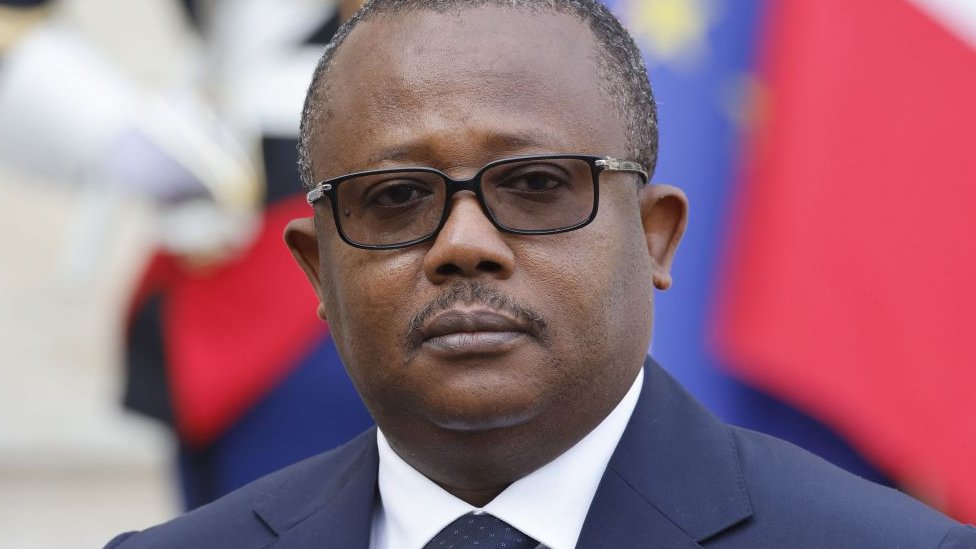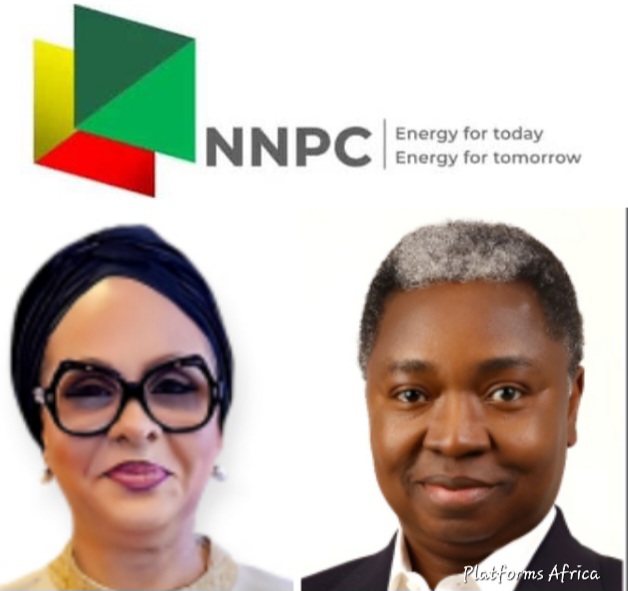In a surprising turn of events, President Umaro Sissoco Embalo of Guinea-Bissau wielded his executive power to dismiss Prime Minister Geraldo Martins, merely a week after Martins assumed the role. This unexpected move on Wednesday resulted in the appointment of economist and seasoned politician Rui Duarte de Barros as the new Prime Minister, as announced in a presidential decree read on national television by Embalo’s advisor Fernando Delfim da Silva.
Martins had been reappointed as prime minister on December 12, following his prior tenure in August of the same year, until the president dissolved the government earlier this month. However, tensions arose between Martins and President Embalo, leading to a swift replacement.
Rui Duarte de Barros, a member of parliament from the African Party for the Independence of Guinea and Cape Verde (PAIGC) – now a part of an opposition coalition – stepped into the prime minister’s role. Before his appointment, he held the position of president of the administrative council of the National Assembly and previously served as Guinean prime minister during a transitional government between May 2012 and June 2014.
READ ALSO:
Reps Probe NNPCL JV Deals, $60bn Revenue Loss
Ekpo Lauds PIA’s Transformative Power In Gas Sector
Meet Bunmi Onabanjo-Kuku, Nigeria’s first female MD of FAAN
The exact reasons for Martins’ dismissal remained unclear, although local reports suggested a divergence in views. According to the Guinea News Agency, Martins expressed his reluctance to lead an executive body over which he lacked control, highlighting disagreements with President Embalo’s desire to appoint government officials solely accountable to him.
This dramatic shift in leadership occurred amidst recent political turmoil, notably the dissolution of parliament on December 4 by President Embalo, who labelled the clashes between army factions in the capital, Bissau, on December 1 as a coup attempt.
READ ALSO:
Electricity Subsidy Gulps N376bn, Consumers Pay N783bn
Terms, Conditions Given To Fubara, Wike As Tinubu Troubleshoots
22 Days: This Is The Only But To PH Refinery’s Deadline – Kyari
The incident underscores the ongoing power struggle within Guinea-Bissau’s political landscape, where the government is typically appointed by the majority party or coalition. However, the president retains the authority to dismiss it under specific circumstances, potentially leading to a state of political paralysis in the country.
Africabriefing





